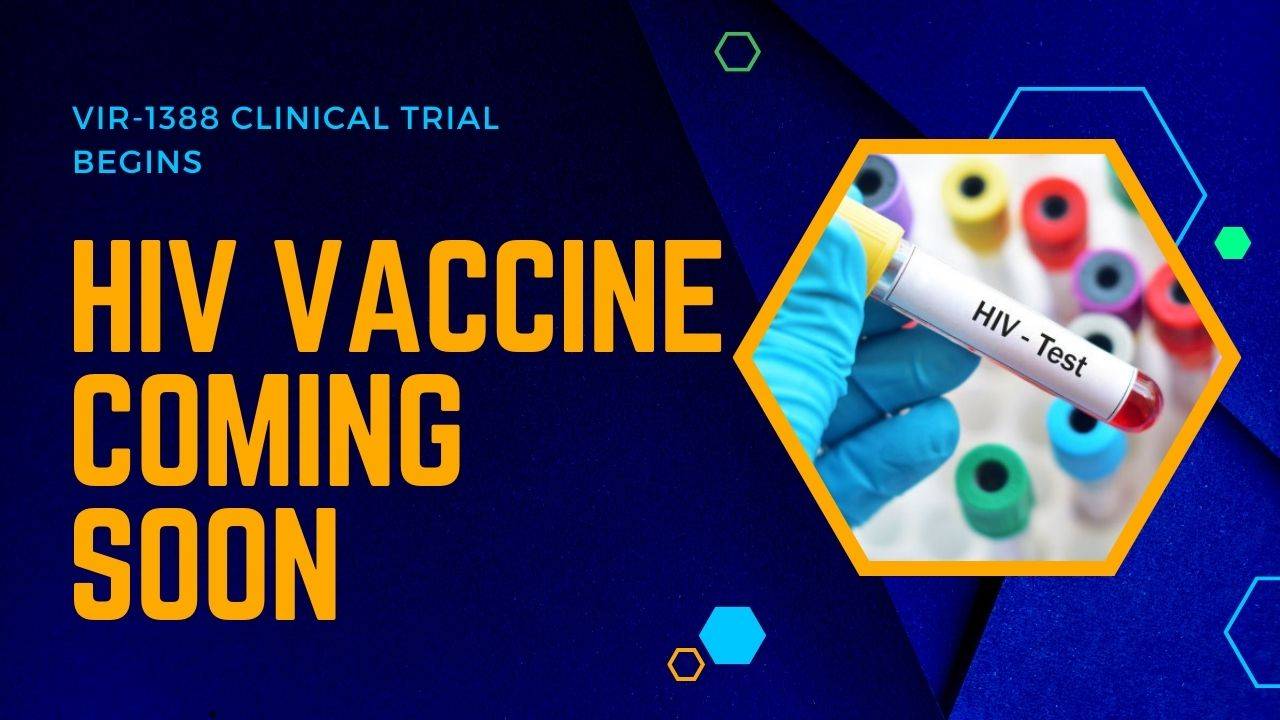
A trial of a preventive HIV vaccine candidate has begun. The Phase 1 trial will evaluate a novel vaccine known as VIR-1388 for its safety and ability to induce an HIV-specific immune response in people.
The National Institute of Allergy and Infectious Diseases (NIAID), part of the National Institutes of Health, has provided scientific and financial support throughout the lifecycle of this HIV vaccine concept and is contributing funding for this study.
NIAID has provided financial support for the research and creation of the CMV vaccine vector since 2004. This trial is currently being funded by both NIAID and the Bill & Melinda Gates Foundation, in collaboration with San Francisco-based Vir Biotechnology. The study, known as HVTN 142, is sponsored by Vir and carried out under the umbrella of the NIAID-funded HIV Vaccine Trials Network (HVTN).
What is VIR-1388?
VIR-1388 is a vaccine designed to stimulate the immune system to produce T cells that can recognize HIV and initiate an immune response to prevent chronic infection. It utilizes a harmless version of cytomegalovirus (CMV) to deliver HIV vaccine components without causing illness. CMV has been widespread for centuries, often asymptomatic, and persists for life, indicating its potential to maintain HIV vaccine effectiveness over an extended time, possibly countering declining immunity seen with other vaccines.
More Information About The VIR-1388 Clinical Trial
HVTN 142 is a clinical trial taking place at ten sites in the United States and South Africa, involving 95 HIV-negative participants. These participants will be randomly divided into four groups: three receiving different vaccine doses, and one receiving a placebo. To prioritize safety, only individuals with asymptomatic CMV will be included in the study. Initial results are expected in late 2024, and there's an optional extended study that will monitor volunteers for up to three years after their first vaccine shot.










